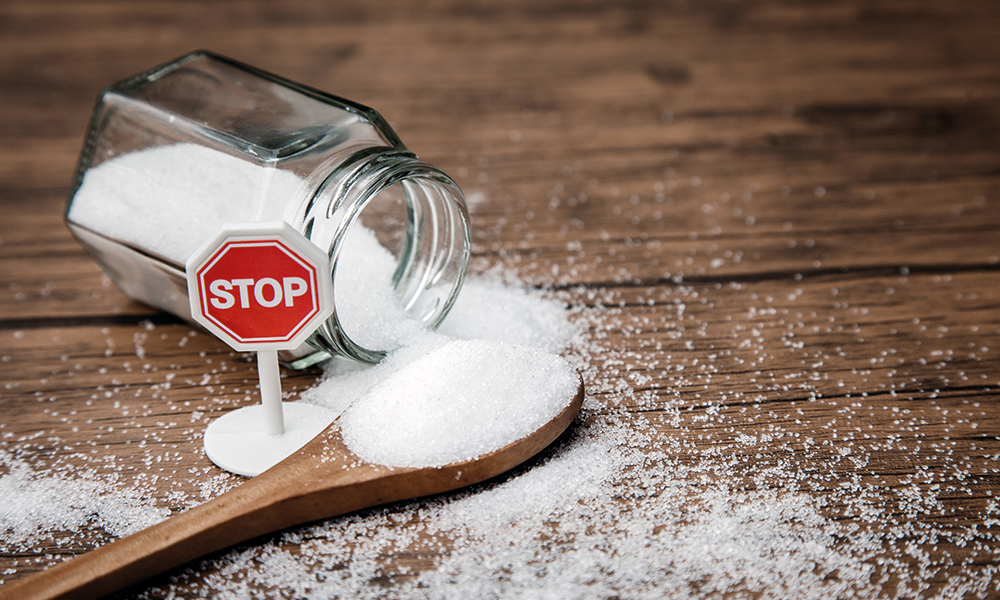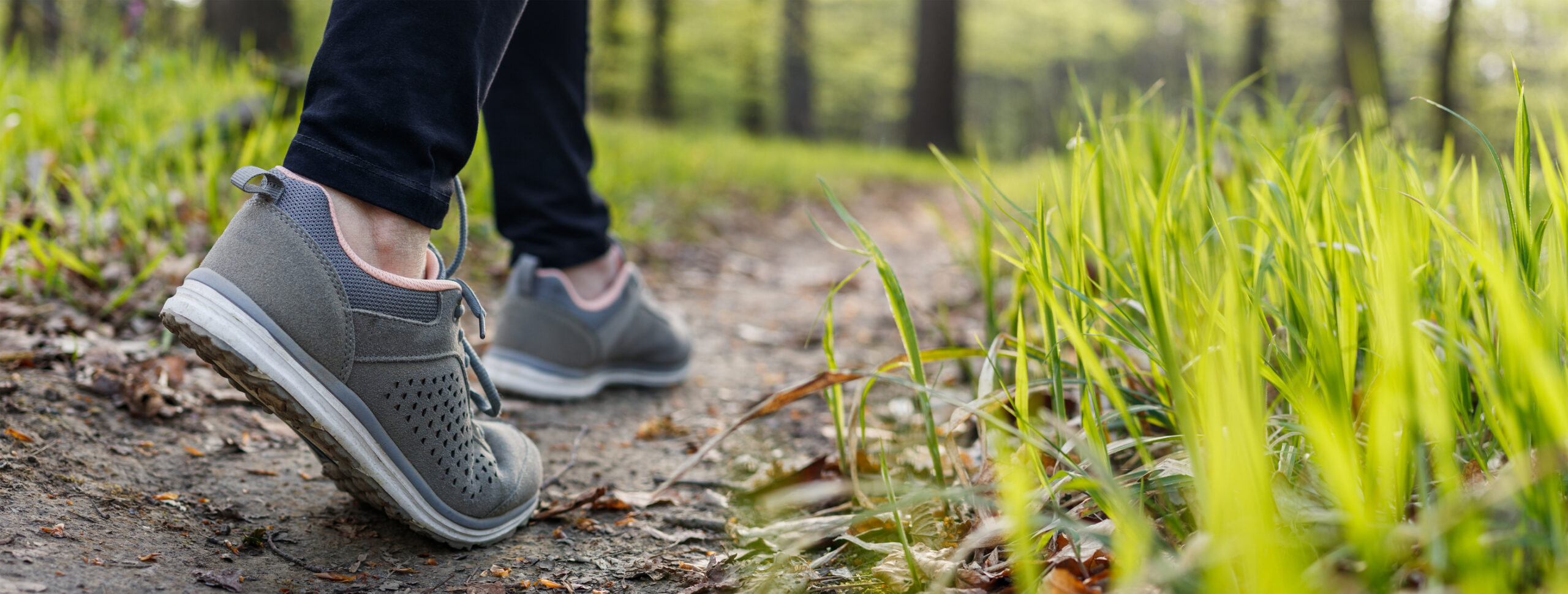Sugar, oh honey honey. It’s the stuff of childhood dreams and dieters nightmares. Excess sugar can get in the way of our health and weight loss. Let’s take a look at free sugars, what they are and how to avoid them.
What are free sugars?
Free sugars are any sugars added to, or released from, food or drink. Sugar in honey, syrup and fruit juice is also classed as free sugar. When fruit is juiced or blended, sugars are released from their cells, separated from fibre, and become free sugars.
Free? Can we eat lots then?
Sorry, but no. Though the same term is used for different foods in many slimming groups, we definitely can’t. They’re classed as ‘free’ because the sugars aren’t inside the cells of food. Sugars found in fruit, vegetables and milk are called ‘natural’, or ‘intrinsic’ sugars. They come with extra nutrients, such as fibre, as part of a foodstuff.
When sugars are separated from fibre, it makes it easier to eat lots of sugar without realising. You’d likely not eat five apples in one sitting, but could easily consume the juice (and sugar) of five in juice form.
How much free sugar is OK?
The British Heart Foundation free sugar guidance recommends we get no more than 5% of our calories from free sugars.
Most of the UK exceed the recommendation of 5% calories from free sugars per day. Adults and children over 11 should consume no more than 30g sugars daily. To put this in perspective, an average chocolate bar contains 25g free sugar, 150mls fruit juice has 12g and a can of cola has 35g. You can see it’s easy to overdo it without realising.
Why are free sugars so bad?
Firstly, they offer empty calories which can lead to weight gain. They’re referred to as empty as they offer little in the way of nutrition. Eating and drinking too many empty calories can mean you don’t get the nutrients you need to thrive. Not only that, high sugar diets are the leading cause of tooth decay and can increase likelihood of type 2 diabetes and heart disease.
How can we reduce free sugars?
- Swap sugary fizzy drinks and squash for water, sugar-free or no added sugar drinks.
- Limit fruit juice to a maximum of 150 ml per day.
- Choose plain dairy products and sweeten them with fresh fruit or cinnamon.
- Look at the labels and aim for 5g of sugar or less, or low sugar versions.
- Try unsweetened wholegrain breakfast cereals. Add fruits like strawberries or banana to sweeten, which will also count towards your 5-a-day.
- Get creative – swap sugary snacks for fruit kebabs.
- Avoid the sweets aisle by planning ahead. Carry a snack in your bag or glove box to help you avoid temptation.



